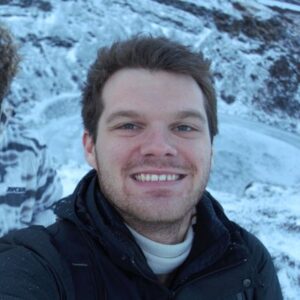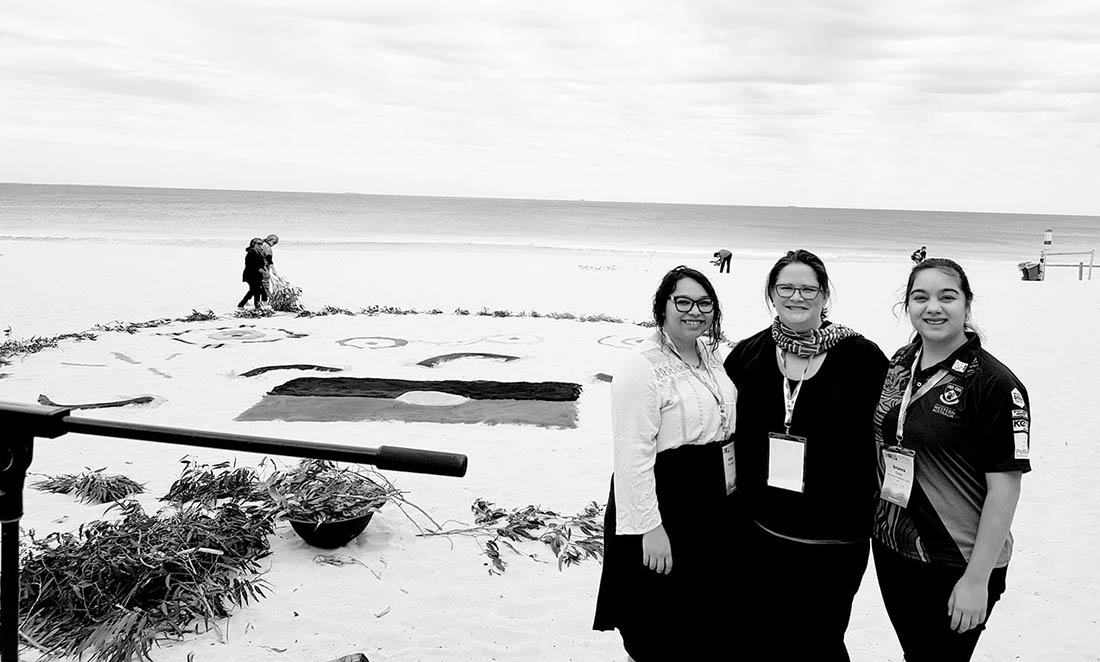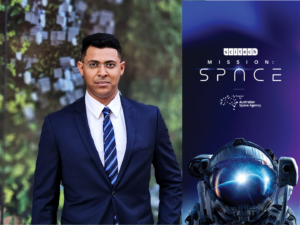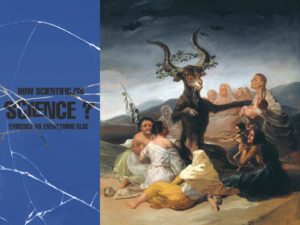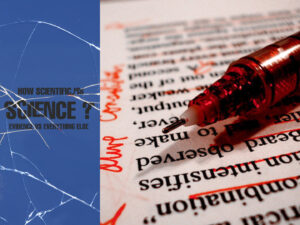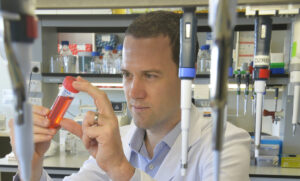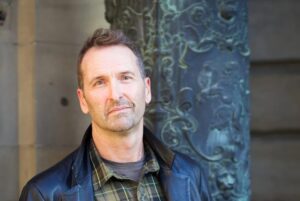Simone Harrington is the only Indigenous postgrad psychology student at UWA – and it’s exactly where she wants to be.
“I actually studied psychology back in the 90s when I was a bit young, and I just wasn’t really in a place back then to progress.”
A few years later and with more experience in the real world she found herself in a different position.
“My sister was actually in hospital for an extended period,” Simone says. “And it really rekindled my interest in being someone that can help people with their journey.”
A coincidental meeting …
Now that she’s back for good, she’s working towards her goal of becoming the first Aboriginal Clinical Psychologist to graduate from UWA.
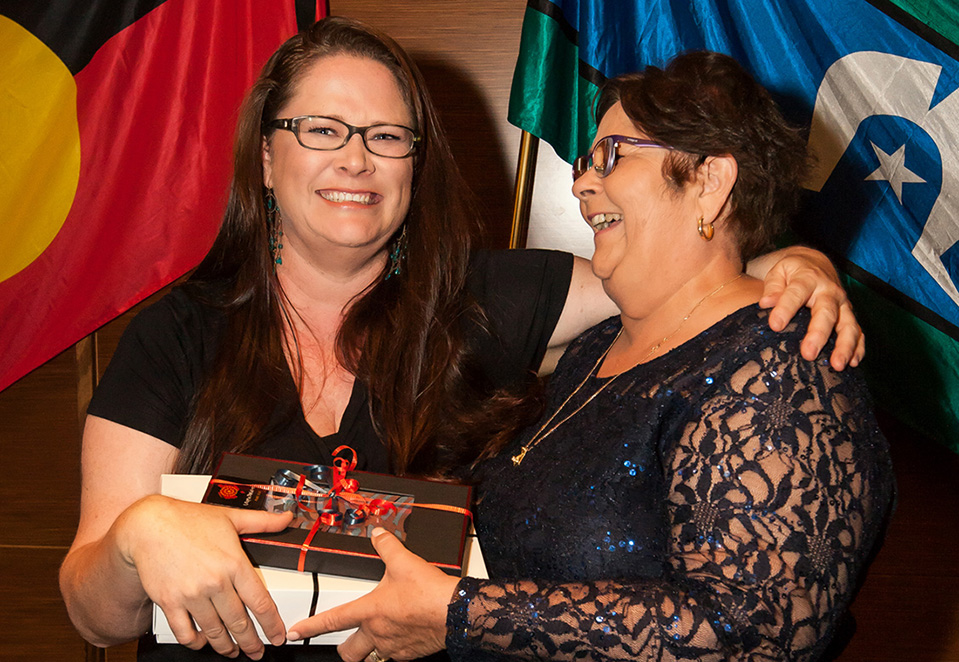
“When I was meeting with potential PhD supervisors I spoke with Dr Lisa Saulsman, and I regaled to her about a particular exercise I’d taken my sister through when dealing with some difficult emotions.”
That exercise was all about visualising and observing your difficult emotions as a wave that rises and falls, as part of accepting, rather than pushing these emotions away.
“I didn’t realise at the time that Lisa had actually written that resource,” Simone says.
… leads to a meaningful collaboration
Simone is now running her PhD around a group therapy program developed by Lisa, called Manage my Emotions. It’s all about teaching people to use those skills to, as you might have guessed, manage their emotions.
“It’s transdiagnostic, in that it’s meant for pretty much anyone to benefit from,” Simone says.
The eight-week program is designed to help people manage emotions like anxiety, depression and frustration.
“It could just be improving resilience. It could be you’ve had past mental health difficulties, or it could be you’re experiencing something at the moment or maybe you’re having particular trouble handling stress.”
Because the program is being run as a research project, it’s being provided for free through UWA’s Robin Winkler clinic.
“It has been really enjoyable to deliver that therapy and see the gains that clients make. And they’ve enjoyed taking part, which is something I don’t think you’d normally associate with therapy.”
Simone’s PhD is comprised of three studies: a questionnaire survey, a smaller pilot study and now the main treatment study. It’s still a work in progress, but she’s hopeful about the results.
“We have an idea,” she says. “But whether it comes out that way … if we knew what was going to happen, it wouldn’t be research.”
Finding a pathway
Simone is proud to be the first Indigenous postgrad student to study psychology at UWA. The community has been supportive, especially in the School of Indigenous Studies. But, Simone says, universities could be doing more to help Aboriginal and Torres Strait Islander students study psychology.
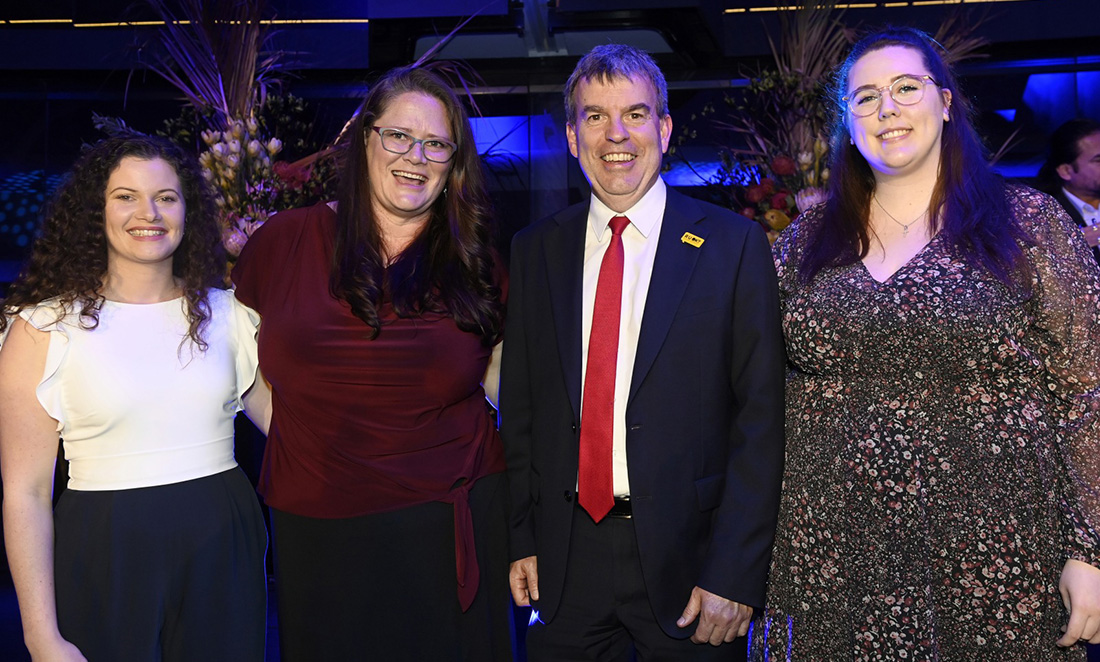
The Australian Indigenous Psychology Education Project released the Guidelines for Increasing the Recruitment, Retention and Graduation of Aboriginal and Torres Strait Islander Psychology Students in 2016. It’s a comprehensive document – but Simone says universities haven’t done enough to put those principles into action.
“I know that this would increase the number of Aboriginal and Torres Strait Islander psychologists,” she says.
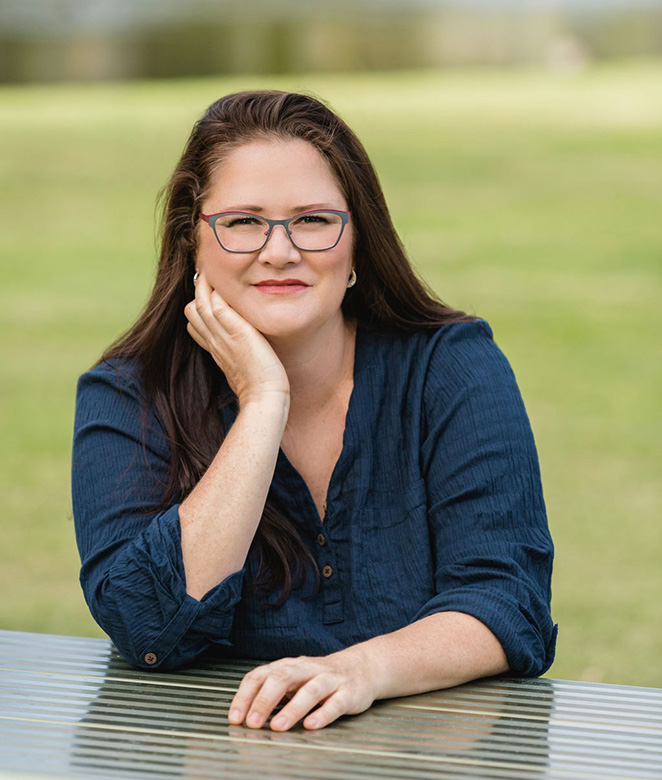
“I’d love to be in the Bilya Marlee building and see just a heap of psychology students hanging out studying, that would be an absolute dream.”


